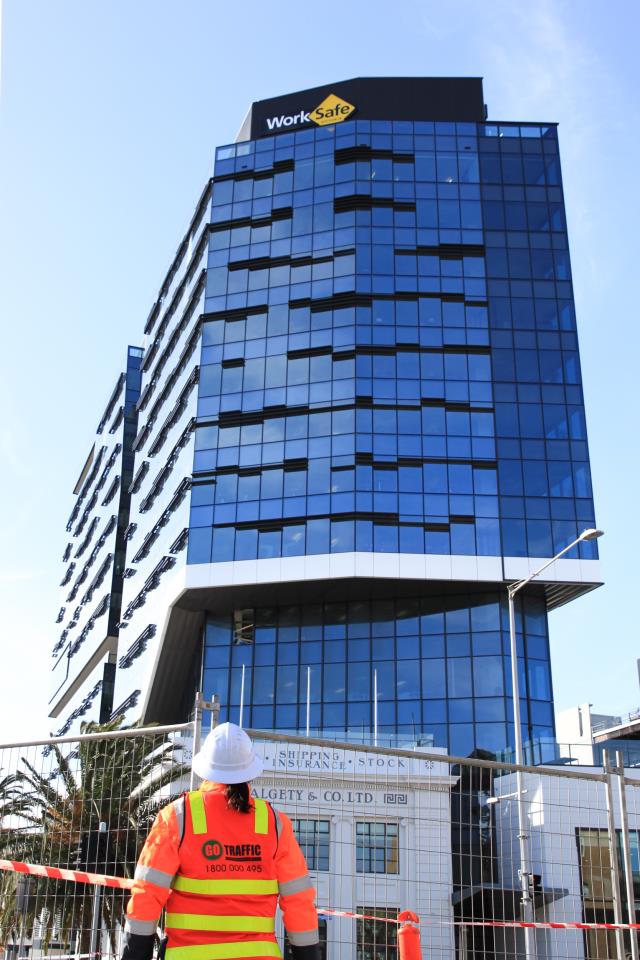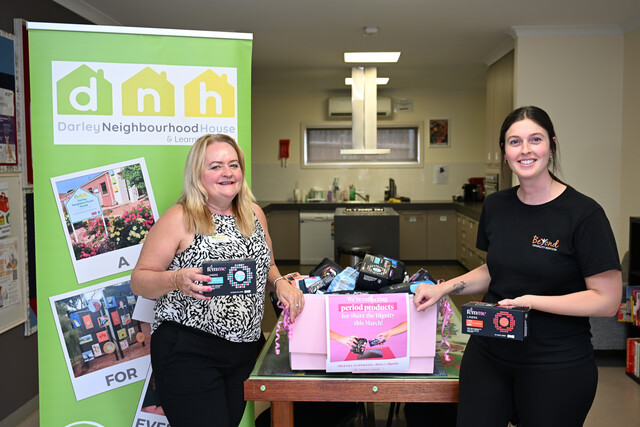Researchers from Monash University are looking at the link between insecure work and how young Australians are navigating post-school pathways such as employment, income and housing.
The COVID-19 pandemic amplified conditions of uncertainty and disruption in young people’s lives, particularly in relation to insecure work.
Drawing on a new analysis of published and unpublished data collected for the 2022 Australian Youth Barometer, researchers from the Monash Centre for Youth Policy and Education Practice (CYPEP) have found that young people are experiencing difficulties as a result of these disruptions when navigating many post-school pathways in life.
Anxiety and pessimism arise from a perfect storm of conditions that make it difficult for young people to navigate key steps along post-school pathways that are often seen as conventional markers of adulthood, such as gaining secure housing.
The 2022 Australian Youth Barometer found that more than half of the young Australians surveyed believe that they will be financially worse off than their parents, an even higher number reported earning an income from gig work in the last year and gig work was more common among Australians with a disability. 85 per cent of young Australians experience feelings of worry and anxiety and pessimism, nearly all the respondents experienced financial difficulties at some point during the last 12 months, with nearly one-quarter experiencing food insecurity.
CYPEP Director Professor Lucas Walsh said the research findings suggest that a growing participation in insecure work such as the gig economy is connected to education, finance, and young people’s perspectives about the future.
“The connections between a young person’s participation in insecure work, such as the gig economy, and other aspects of their lives, are infused with a combination of scepticism and deep concern about the present moment, with a tempered optimism about their ability to navigate these struggles into the future,” he said.
“Current government efforts to enforce minimum pay and protections to employee-like workers on digital platforms are a good step, but a deeper change is taking place in which stepping stones to work and financial security available to previous generations are eroding, shaping young people’s attitudes to the future.”
A 21-year-old regional Victorian male said he’s looking for a different job that will be a “one-time thing” for a few years.
“I don’t feel too motivated at all, I’m kind of just floating or directionless. And I think that’s the issue, but at least I have a job. I think that says something, there’s no real, like, vision for the future or any goal,” he said.
The CYPEP research shows that the main aspiration for young workers is to secure more stable employment, or at least a sense of control over their lives and their future, neither of which are available within the current conditions of the gig economy.
Professor Walsh said the gig economy is the tip of the iceberg that identifies the pressures experienced by young people and the broader loss of control that young people are currently facing in society, “in a labour market that increasingly works against young people and puts them at a disadvantage”.
“The critical and connected understanding of young people’s experiences of work in this research highlights the need for an interconnected response as opposed to siloed approaches to housing, income and labour market policy,” he said.

















